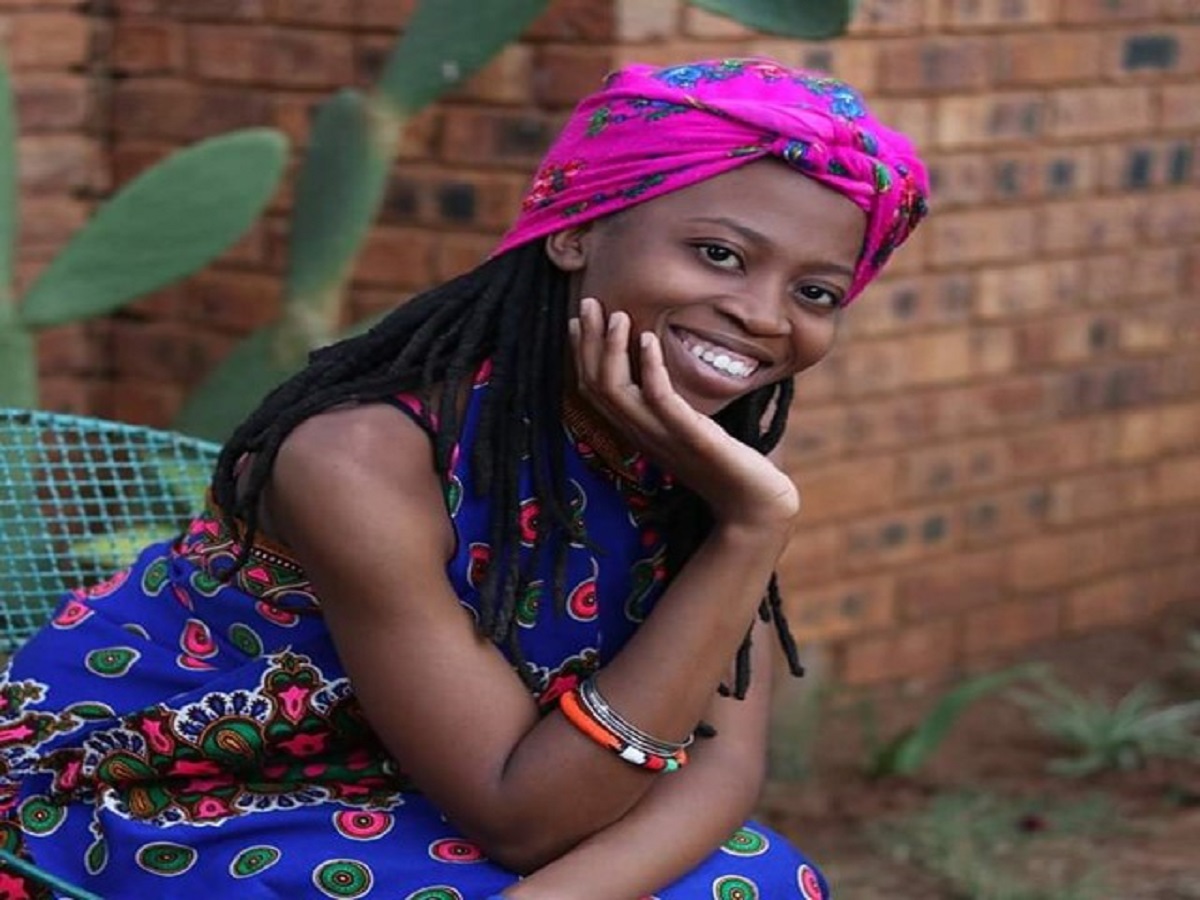
The concepts of Equality, Diversity and Inclusion (EDI) have in recent years become increasingly used by organisations, including universities, to signal their efforts to promote equitable environments.
Yet, these concepts do not necessarily fit together easily – equality, particularly formal equality, may struggle to incorporate diversity and may not, on its own, lead to inclusion – and the value of diversity is often lost in the quest for equality.
The challenge of creating substantive equality for all is one that feminists have long grappled with.
In the MA in Gender, Globalisation and Rights at NUI Galway, students also grapple with these challenges, formally within their Feminist and Gender Theorising module, but also personally as they live the experience of undertaking a postgraduate degree in a setting marked by the diversity of the students themselves.
In the work of Chandra Mohanty[1], one of the theorists examined in the programme, they find one way of engaging with the often at-odds experience of being both a part and different. While for Mohanty, the recognition of our “common differences” emerged through a critique of colonialism and the exploitation of the Global South, the concept has broad applications in understanding the interactions between self and other, insider and outsider, belonging and separation.
As she explains, [1] Chandra Talpade Mohanty promoted the concept of “common differences” in the 1983 conference she organised as a graduate student, Common Differences, Third World Women and Feminist Perspectives (Urbana, Illinois). Her use of the concept was further developed in her 2003 publication, Under Western Eyes Revisited: Feminist Solidarity through Anti-Capitalist Struggles, in Signs, 28(2): 499-535.
It is a concept that pays heed to the fact that of our particular locations, positions, histories, privileges and identities, create inequalities that separate us, and yet we share common threads of vulnerability, strength, and experience that can bring us together.
This concept of common differences thus navigates issues of equality, diversity and inclusion in a way that does not diminish the complexity of their interaction or privilege any one of these goals.
Below, students of the MA Gender, Globalisation and Rights use the concept as a heuristic device to explore their experience of common differences as students at NUI Galway.

As a student at NUI Galway, I experience common differences among my fellow MA students. We all come from a variety of countries and backgrounds and our reasons for completing this MA are different.
As females, we have all experienced the social constraints of our gender, such as discrimination, harassment, juggling housework and childminding along with a million other things. The stories told and experiences shared, might come from different parts of the world but have the common thread of what it is to be a woman in our hostile world.
So, although we have different cultures and societies, we are all connected through our shared experiences as women and by picking this course, by our desire to learn more about this world we live in and contribute to positive change.

As a student at NUI Galway, I experience common difference when discussing academic or general issues with other students and lecturers. I feel comfortable sharing my views from my background and perspective as an African female student. My sense of self is not threatened by diversity.
Instead, it grows from listening to the experiences and views of the other students.
I feel challenged and enriched by ideas from other students from different geographical, racial, ethnic, religious backgrounds. They make me probe further into how I perceive the world, how similar and different we are. I believe we are one regardless of differences. We are unique and have so much to offer each other. I will not trade the feeling of belonging to a diverse community at NUI Galway for anything. It is an experience of a lifetime.

As a student at NUI Galway, I have experienced common differences with my fellow classmates as we have navigated our way through our virtual academic year. In our small hub, I have had the opportunity to connect with women in other parts of the world through the lived experiences of my classmates and have also shared my experiences with them.
Our peer learning group Galway Women’s HERstory’s mission statement summarises the experience: “This community of learning is a collaborative and respectful environment whose aim is to explore, develop and critically analyse feminist concepts and theories. Through discussion and debate, each community member will be able to share their views, opinions and experiences in order to facilitate collective learning and individual growth. Members will be encouraged to express and refine their feminist voice and explore new understandings of feminism.”
We celebrate our differences by using them as a tool to spark ideas and discussions while supporting one another from a place of friendship.

In my MA programme, I am the only American and thus I most certainly share differences with my course-mates. My upbringing in the States informs my perspective on academic issues and the stances I take on issues of political controversy. Despite these differences, I have felt an abundance of solidarity with the other women in my programme. We all wished each other a Happy International Women’s Day (a holiday not celebrated in the South of the US where I’m from).
When a news story broke about another country trying to limit reproductive health rights or the increase in domestic violence due to the pandemic, our WhatsApp group chat became a collective support group. Despite our different backgrounds in privilege, geographical location and cultural beliefs, it was very common for us to unite over our shared vulnerabilities as women. I think this thread of commonality is crucial to diversity and inclusion work, just as the acknowledgment of differences is vital to promoting intersectional solutions to complex problems. Addressing difference is important, but highlighting shared lived experiences is crucial to the feminist fight.

Commitment to Equality, Diversity and Inclusion by academic institutions and other organisations is essential and important. Nevertheless, structural inequalities within institutions and within broader society continue to impact lives unequally.
Achieving substantive equality is an ongoing project that requires the efforts of all – and thus a shared recognition of what is at stake and what can be achieved.
The reflections of the students of the MA Gender, Globalisation and Rights point towards this shared commitment that is strengthened and deepened through respect for diversity and the recognition of common differences.
Mohanty reflected in 2013, that the success of “collaborations and alliances depends on a deep commitment to understanding the differences between our histories and experiences”.[1] Here, we might learn, that it is not difference that undermines equality, but is rather what shines a light on our shared humanity and provides the foundations to achieve equality and inclusion, together.
[1] In Alcoff, L.M. (2013) Feminists we Love: Chandra Talpade Mohanty. Available at: https://www.thefeministwire.com/2013/10/feminists-we-love-chandra-mohanty/
References
[1] Chandra Talpade Mohanty promoted the concept of ‘common differences’ in the 1983 conference she organised as a graduate student, ‘Common Differences, Third World Women and Feminist Perspectives’ (Urbana, Illinois). Her use of the concept was further developed in her 2003 publication, ‘Under Western Eyes Revisited: Feminist Solidarity through Anti-Capitalist Struggles’, in Signs, 28(2): 499-535.
[2] In Alcoff, L.M. (2013) Feminists we Love: Chandra Talpade Mohanty. Available at: https://www.thefeministwire.com/2013/10/feminists-we-love-chandra-mohanty/